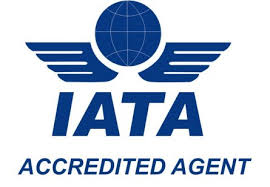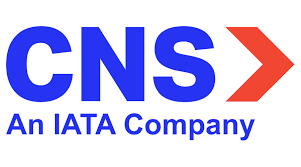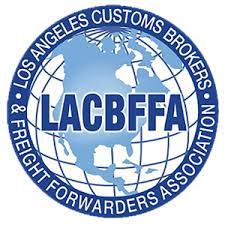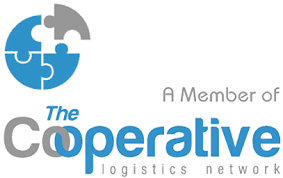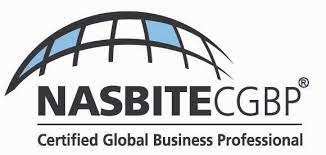Common Questions for Importing Goods to the USA
Q: What do I need to know about Customs holds and exams?
A: U.S. Customs and Border Protection (CBP) has very broad authority to inspect import shipments, including commercial cargo of any kind. Although CBP can choose to examine any individual shipment, only a very small percentage of all import shipments are actually selected for an exam.
Q: What happens if a hold is placed on my shipment or it is selected for an exam?
A: CBP may place any of several different types of “holds” on an import shipment. This type of “Customs hold” must be removed before the shipment can be released to the importer, even if the shipment has already received a regular CBP release at the Customs entry-level.
Q: What can I do to minimize the possibility that my import shipment will be delayed by Customs?
A: Provide commercial documents to your Customs broker as early as possible so that they can file entry and provide information to Customs at the earliest appropriate time.
Q: Are there additional costs associated with Customs holds and exams?
A: Importers may be charged by private companies for various types of costs and expenses that the importer incurs due to the CBP hold or exam. The importer is responsible for paying all of these costs and expenses, even if these are not due to any fault of the importer. Also, the importer generally cannot recover any compensation from U.S. Customs for any of these additional costs, even if Customs caused the expense through its own errors, delays, or other actions.
Q: What are the most common types of costs or expenses encountered by importers whose cargo is designated by CBP for hold or examination?
- Demurrage or storage charges at the importing carrier’s cargo for Customs hold, or pending Customs exam
- Marine terminal operator charges for staging containers for VACIS X-ray exam, or “tailgate” exam, at the terminal
- Centralized Exam Station (CES) charges for unloading containers and staging cargo for an exam, then re-loading cargo
- CES or separate trucking company charge for moving cargo to and from CES exam site
- Courier service expense for sending payments via overnight service, to any of the above types of private contractors, to obtain cargo release and prevent additional storage charges
- After cargo release, using more expensive expedited delivery service to meet delivery schedules
- Service fees and coordination charges for managing holds, exams, and releases on behalf of the importer
- A Chassis Split fee is charged when a chassis has to be picked up from a chassis pool, brought to the port, and the empty chassis returned after container delivery.
***The amounts of these individual costs and charges can vary substantially from one port to another, and from one private operator to another.
Q: What other types of vessel or port delays should I be aware of?
- Weather
- Strike at port
- Mechanical issues
- Accident at sea
- The supplier owes money to the co-loader causing the shipment to be delayed
- Port congestion
Q: Should I insure my import shipment? What type of insurance should I have?
There is minimal international coverage that was set forth by the Warsaw Convention in 1929. It is $20/kg for international or domestic air cargo. Ocean freight coverage is $500 per bill of lading. If the value of your shipment is above either, then we highly recommend full coverage to protect your investment. We work closely with underwriters to provide flexible, economical international and domestic cargo and freight insurance rates. Whether you choose our broadest “all-risk” coverage or a tailored insurance policy, you can be sure that we will help you choose the right program to meet your needs.
Q: What if I am importing trade show materials, not for sale in the U.S.?
A Temporary Import under Bond is used for imports that will enter the U.S. without payment of duty because the goods will not enter U.S. Commerce. A bond must be posted to guarantee the goods will be exported or destroyed within a specific time frame determined by Customs.
Q: What do I need to know about FDA regulations?
FDA Import Program requires that all products regulated by the FDA must meet specific requirements. Please see the general list of FDA-regulated products to find information regarding your specific product.
Q: What is the difference between importing a full container (FCL) as opposed to Less-than-container (LCL)?
LCL shipments arriving at the destination port will be transported to a warehouse where the container of consolidated freight will be de-consolidated for transport to the next destination. Along with the risk of mishandling and damages, there is a risk of a delay due to customs inspections because the entire container will be pulled for inspection if any single shipment must be inspected (consolidated responsibility).
For more answers to questions about importing goods to the USA
Please call:
800-987-4244
CONTACT
US
3110 E Via Mondo Rancho Dominguez, CA 90221
tel: 800-987-4244
fax: 562-597-4601
